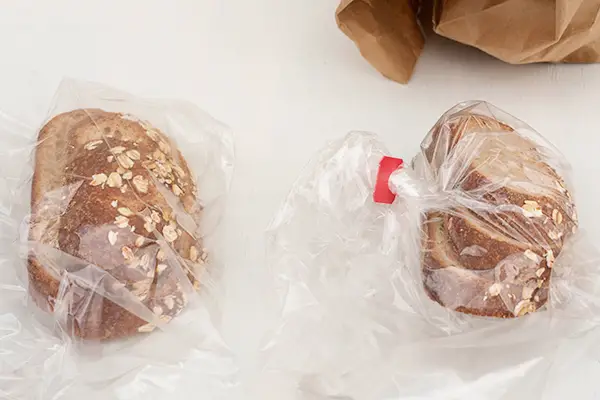Avid dieters have this love-hate relationship with bread and it’s so simple because a fresh loaf can be bought at your local Walmart Bakery. Though considered a staple food, bread also oozes with calories that could easily wreck a diet’s carefully maintained pace. But what is in the bread that makes one doubtful? Is it really “the bread” that is causing certain dietary and health issues or, is it just information that got lost in translation?
Bread, Carbohydrates and Weight Gain
Most people believed that bread contains complex carbohydrates, a major contributor to weight gain. But are you really eating “healthy” bread or its refined variety? White bread and other breads made from refined wheat flour is the culprit behind this misconception. If you care to check most weight control studies, you can clearly see that whole grain bread can do good than harm when trying to lose weight. Be reminded though that if you want it healthy it should be 100% whole grain, nothing less.

Over consumption of starchy foods like bread is known to increase risk of developing type 2 diabetes. But this actually is simply mind over matter. Whole grain bread contains complex carbohydrates (the good kind of carbs) that are known to be healthy and are digested slowly. If studies are to be believed, it cannot increase blood sugar levels when bread is consumed according to recommended dietary servings.
Bread and GI Issues
Bread contains wheat and, wheat has gluten. If you are diagnosed with Celiac disease and other forms of gastrointestinal issues due to gluten, bread may not be the right staple for you. However, there is a gluten-free bread variety being sold nowadays. Instead of wheat, bakers make use of rice flour that does not contain gluten. Rice, by the way, is a great alternative to whole wheat.
In all these, consuming bread is largely dependent on the end user. Always check your BMI and the suggested servings on the bread label. As a rule in eating—keep portions in mind.



